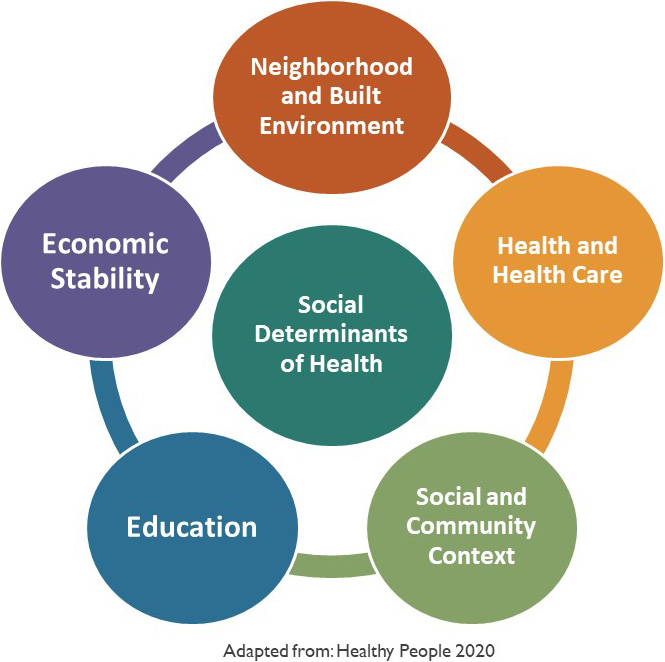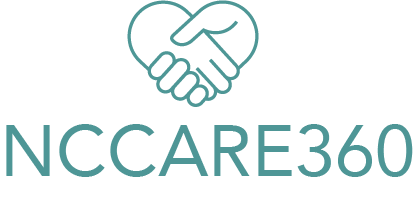Decreasing Cost and Increasing Quality: Value-Based Care Could Improve Communities
Co-Author: David Brown According to the … Read more

Co-Author: David Brown
According to the America’s Health Rankings by United Healthcare, North Carolina ranks 33rd in the country. As the ncIMPACT Initiative works alongside North Carolina stakeholders to solve complex problems, we increasingly hear concerns about how the state’s health outcomes affect community economic vitality. It is important to fit these conversations into the context of the changing health systems around us. As a patient, citizen, and community member, you may hear a repetitive term in this context: value-based care. What is it? What solutions does it promise, and what potential problems could it cause?
What is Value-Based Care?
In a granular sense, value-based care refers to health care programs based on incentives: care providers should have a financial stake in basing their care on patient outcomes rather than the number of tests, procedures, or other interventions (sometimes called volume-based care). In the case of Medicare, where the transition to value-based care is occurring most prominently, the federal government hopes that aligning provider reimbursements more closely to health outcomes will ultimately result in better care for individuals, better health for populations, and lower costs for everyone. Other valued-based reimbursement programs administered by the federal government include the Skilled Nursing Facility Value- Based Purchasing Program and the Home Health Value-Based Purchasing Model. This is part of a steady transition toward value-based care at the national level.
The Challenge of Health Costs
Everyone knows – often from experience – that health care can be costly. Some drivers of health care costs are obvious: investments in highly trained personnel and highly specialized equipment; the chronic nature of some diseases; and the willingness to spend almost any amount to prolong life and avoid pain. Little can be done about these cost drivers in our current system. However, much can be done to control costs by incentivizing preventive care, minimizing complications from chronic diseases, modernizing medical record-keeping to avoid unnecessary tests and procedures, and treating diseases and other ailments that tend to occur together as a single health problem, rather than as multiple.
Transitioning to a system where health outcomes are prioritized over the number of appointments and procedures makes intuitive sense, but there are pitfalls to avoid on the road to value-based care. Measuring health outcomes is complicated and lacks an agreed-upon methodology across providers. Further, a system that dis-incentivizes proliferating appointments and tests runs the risk of denying aggressive care to patients for whom it may be appropriate. In addition, there may be a long learning curve as everyone from major hospitals and insurers to small private practices adjusts to the new world of value-based care. Finally, any change that increases reporting requirements is likely to divert providers’ time away from more patient-focused tasks.
Further, hand-offs between specialists as part of a comprehensive care plan are more likely to be successful than if the patient has to seek out each provider on his own. The ultimate goal of improved health means fewer hospital stays and, in the case of a Medicare or Medicaid recipient, lower costs for the government. And if provider reimbursements are tied to improved health, rather than the number of interventions, the incentives for the provider might be higher for patients with a higher likelihood of improved health outcomes.
The Potential for a Promising Response: NCCARE 360
Advanced medical record keeping will become increasingly important with the move to value-based care. NCCARE 360 is a new statewide coordinated care effort that will electronically track, connect, and refer patients through an accountable care network. This is a person-centered approach in which community members and providers in North Carolina will have access to:
- A statewide resource directory
- A community resource repository
- A referral platform
Experts have recently established that while around 20% of health determinants are around access to healthcare, the other 80% are referred to as the Social Determinants of Health (SDOH). NCCARE 360 will allow for a team of providers and social organizations to track health outcomes of a patient together, with a comprehensive care plan that works in real time. Not only will the patient be a part of an accountable care community, they will also have access to services not typically associated with medical care: housing services, access to healthy foods, domestic violence services, and other SDOH resources.

The promise of cost savings, greater efficiency, and better health outcomes will speed the adoption of value-based care in the coming years, as will legislation and regulations that require it. But providers and patients alike will need to be vigilant to ensure that the dollar-related outcomes are not prioritized over those related to patient health and well-being. NCCARE 360 gives an opportunity to impact health outcomes from a person-centered, community approach, creating accountability. NCCARE 360 will be implemented in every county in North Carolina by the end of 2020.
For more information, visit:
https://www.ncdhhs.gov/about/department-initiatives/healthy-opportunities/nccare360


One Response to “Decreasing Cost and Increasing Quality: Value-Based Care Could Improve Communities”
Accountable Care Communities Offer An Opportunity to Address Healthcare Disparities at the Systems Level - Facts that Matter
[…] a previous blog post, which you can find here, ncIMPACT shared information around NCCARE 360, an interdisciplinary referral tool being […]